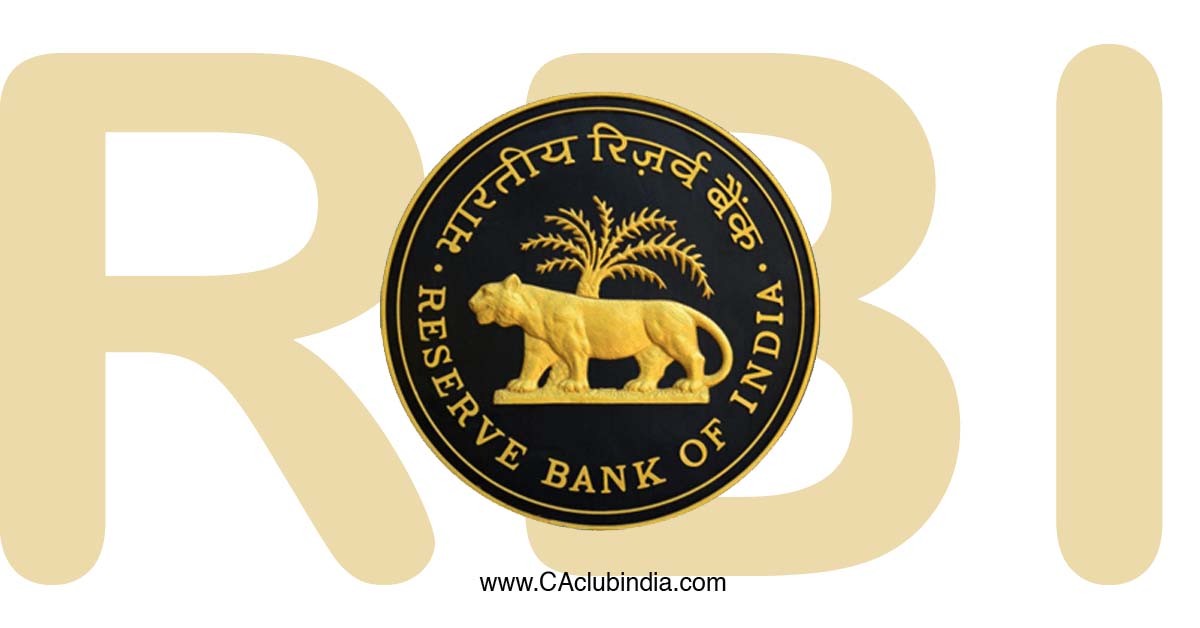The Reserve Bank of India (RBI), the central bank of India, has taken decisive steps to regulate and strengthen the non-banking finance company (NBFC) sector.
On November 10, 2023, the RBI revoked the certificate of registration of two NBFCs, Todays Holdings Pvt Ltd and Integrated Finance Co Ltd.
Additionally, four NBFCs and two housing finance companies, including Housing Development Finance Corporation (HDFC) and National Trust Housing Finance Ltd, voluntarily surrendered their licenses. These actions reflect the RBI's ongoing efforts to maintain financial stability and protect depositors' interests.

Reasons Behind the RBI's Actions
The RBI's decision to cancel the registration of Todays Holdings Pvt Ltd and Integrated Finance Co Ltd was based on their non-compliance with regulatory norms and their inability to operate in a sound and transparent manner.
These NBFCs had failed to adhere to prudential norms, lacked adequate risk management practices, and exhibited concerns regarding corporate governance.
The surrender of licenses by the four NBFCs and two housing finance companies was driven by various factors, including consolidation trends in the financial sector, strategic shifts, and regulatory requirements.
HDFC's surrender of its license was a direct consequence of its merger with HDFC Bank, a move aimed at creating a larger, more resilient financial institution.
Implications of the RBI's Actions
The RBI's actions and the voluntary surrender of licenses have significant implications for NBFCs and the broader financial sector:
- Enhanced Regulatory Scrutiny: NBFCs can expect continued and intensified scrutiny from the RBI, with a focus on risk management, corporate governance, and compliance with regulatory norms.
- Accelerated Consolidation: The consolidation trend in the NBFC sector is likely to accelerate as NBFCs seek to achieve scale, diversify their operations, and enhance their resilience in a competitive and evolving financial landscape.
- Potential Impact on Borrowers: The consolidation and regulatory actions could impact NBFCs' lending activities, potentially affecting borrowing costs and availability of credit for certain segments.
- Overall Strengthening of the Financial System: The RBI's actions and the consolidation trend are expected to strengthen the Indian financial system by enhancing the stability and resilience of NBFCs, thereby promoting financial stability and protecting depositors' interests.
Recommendations for NBFCs
In light of these developments, NBFCs should take the following steps to ensure their long-term viability and success:
- Strengthen Risk Management: Implement robust risk management frameworks to effectively identify, assess, and mitigate potential risks arising from lending activities, investment decisions, and market fluctuations.
- Enhance Corporate Governance: Adopt strong corporate governance practices to promote transparency, accountability, and sound decision-making at all levels of the organization.
- Comply with Regulatory Requirements: Adhere strictly to all applicable regulations and guidelines issued by the RBI and other regulatory bodies to maintain regulatory compliance.
- Explore Diversification Strategies: Consider diversifying product offerings, customer segments, and geographical reach to reduce reliance on any single business line or market segment, thereby mitigating risks and enhancing resilience.
- Embrace Technological Advancements: Adopt digital technologies to improve operational efficiency, enhance customer experience, expand reach, and optimize risk management processes.
By adopting these measures, NBFCs can effectively navigate the evolving regulatory landscape, adapt to consolidation trends, and continue to play a vital role in the Indian financial sector, contributing to economic growth and financial inclusion.








 CAclubindia
CAclubindia

